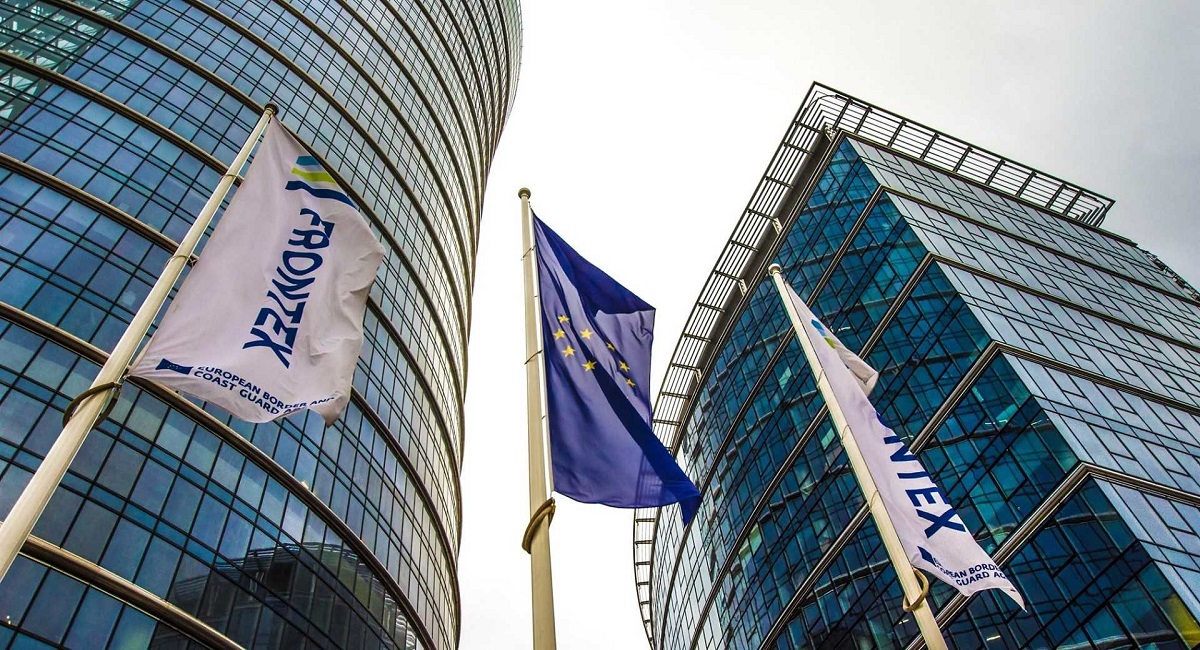Europol: small steps on transparency, but many documents still under lock and key
Topic
Country/Region
15 June 2022
Last year, Europol committed to a number of transparency measures in response to an Ombudsman decision in a case filed by Statewatch. In March this year, MEP Patrick Breyer followed up with questions on the agency’s fulfilment of these commitments. We publish Europol’s answers here.
Support our work: become a Friend of Statewatch from as little as £1/€1 per month.

Europol set out specific steps to take in 2021 to fulfil the Ombudsman’s recommendations in the case. The agency created a dedicated webpage for its public register of documents, and committed to the following measures to “improve its completeness”:
- Remedy “as soon as possible” the issue of documents not being immediately uploaded onto the register upon release through access to documents requests. All documents released through requests in 2020 were to be uploaded to the register by the end of March 2021. Europol committed to systematically uploading documents released going forward.
- Creation of a list of basic legal documents concerning Europol strategy: while some relevant documents were in the register (including the agency’s legal framework and executive director and management board decisions), Europol committed to create an additional, accessible section with “the basic documents governing Europol’s activities”. The completion date set by Europol was by the end of March 2021.
- Revision of the categories of documents listed in the public register, creating two different lists based on type and content of documents.
- Internal assessment of whether certain categories of document can be systematically uploaded to the public register.
- Internal assessment of whether categories of document can be listed, even if individual documents are not recorded.
- Different departments within Europol to identify and assess documents related to their functions that can be proactively made public, with an aim to receive results by the end of July 2021.
In its response to questions, Europol states that its Corporate Communications Team “immediately uploads the respective documentation” to the register once full or partial access to them has been given through an access request. There are six officers in charge of maintaining the website, including the release of documents, on top of their regular roles.
Europol’s reply indicates that it has taken steps to update the list of basic legal documents and to regularly update the register, though it does not list specific steps or dates of completion. The reply also notes updates to the register’s webpage that were already in place when it replied to the Ombudsman in 2021, though it is adding “an additional filter […] which will allow the citizen to directly view documentation in the Europol public register”.
Europol adds:
“All updates to the public register, including the release of documents as a result of public access requests, are performed in a timely manner.
While the number of documents that are already available on the public register is continuously growing, Europol is in the process of creating a list of further legal, strategic and other documents to be included in the public register”
Europol appears to be following the Ombudsman's decision in the case closely, if not particularly quickly. This means that it does not have to publish certain types or categories of document in its register: the Ombudsman's decision (pdf) said (emphasis added):
"...all documents concerning the core activities of the institution concerned − such as legislative documents and documents concerning its decisions, strategy, and policy − should be recorded individually... For other types of documents, the register should refer to their existence, at the very least by listing categories of documents, if they are not recorded individually."
There are thus substantial numbers of documents that may not be covered by a protected interest that remains unknown to the public. As we remarked in our comments (pdf) on the proposed solution:
"There is an obligation upon EU institutions, agencies and bodies to include references in their register all documents drawn up or received by them and, where possible, direct access to them, subject to the exceptions laid down in the Regulation – which should be interpreted strictly...
To ensure the greatest possible degree of openness, transparency and accountability, this should also be taken to require the inclusion of documents concerning... decisions of the executive Director, the agendas and minutes of internal and inter-agency working groups, committees and units; evaluation and assessment reports of operations and other activities; and documents concerning planning, procurement and projects undertaken by the agency."
Further reading
- 16 May 2022: EU: Disappearing documents: Frontex's transparency efforts fall short of requirements
- 11 February 2021: Ombudsman fails non-EU citizens in Frontex access to documents decision
- 19 January 2021: EU: New transparency obligations for justice and home affairs agencies following Statewatch complaints
Image: Anders Sandberg, (CC BY-NC 2.0)
Our work is only possible with your support.
Become a Friend of Statewatch from as little as £1/€1 per month.
Spotted an error? If you've spotted a problem with this page, just click once to let us know.

